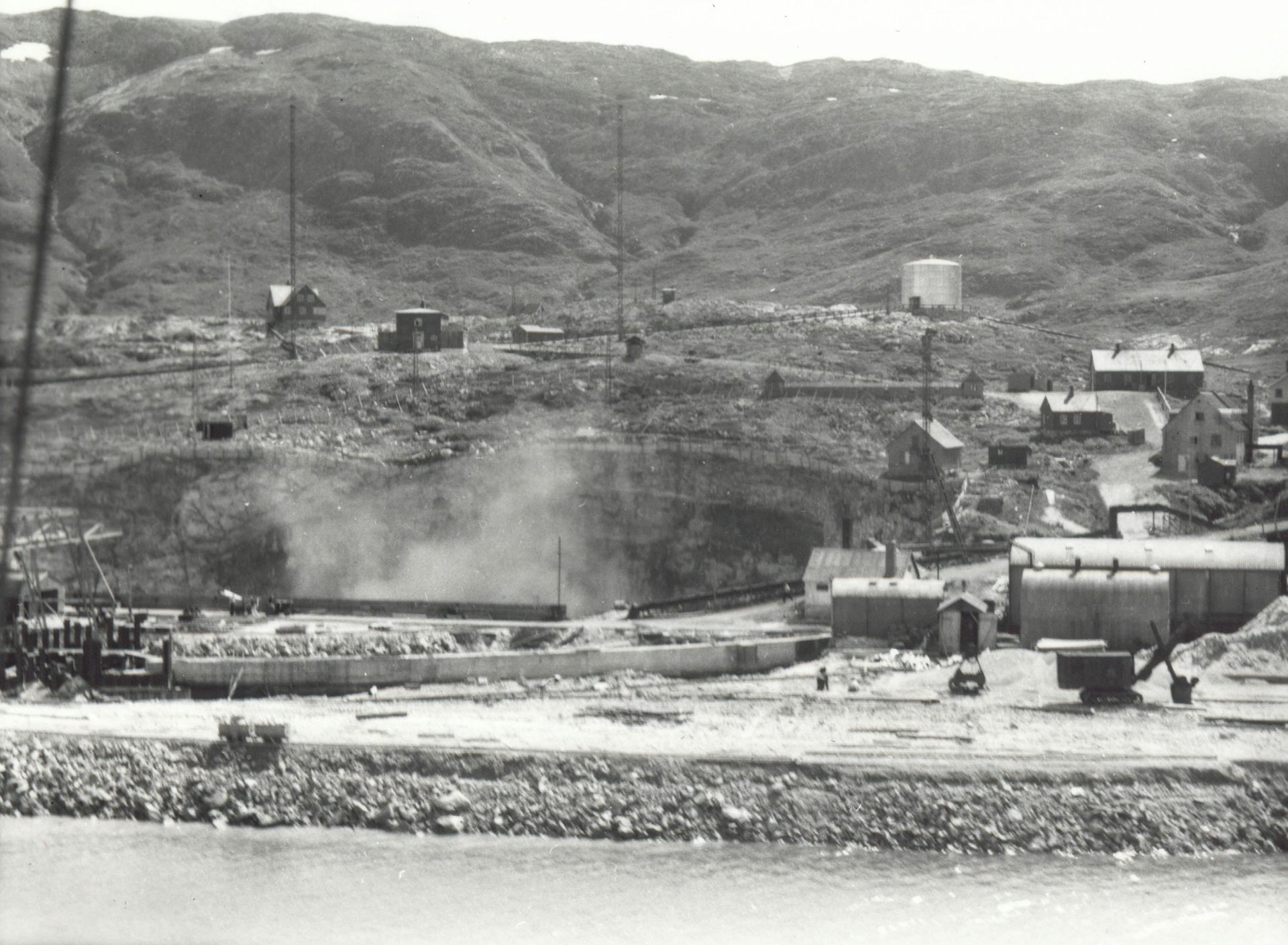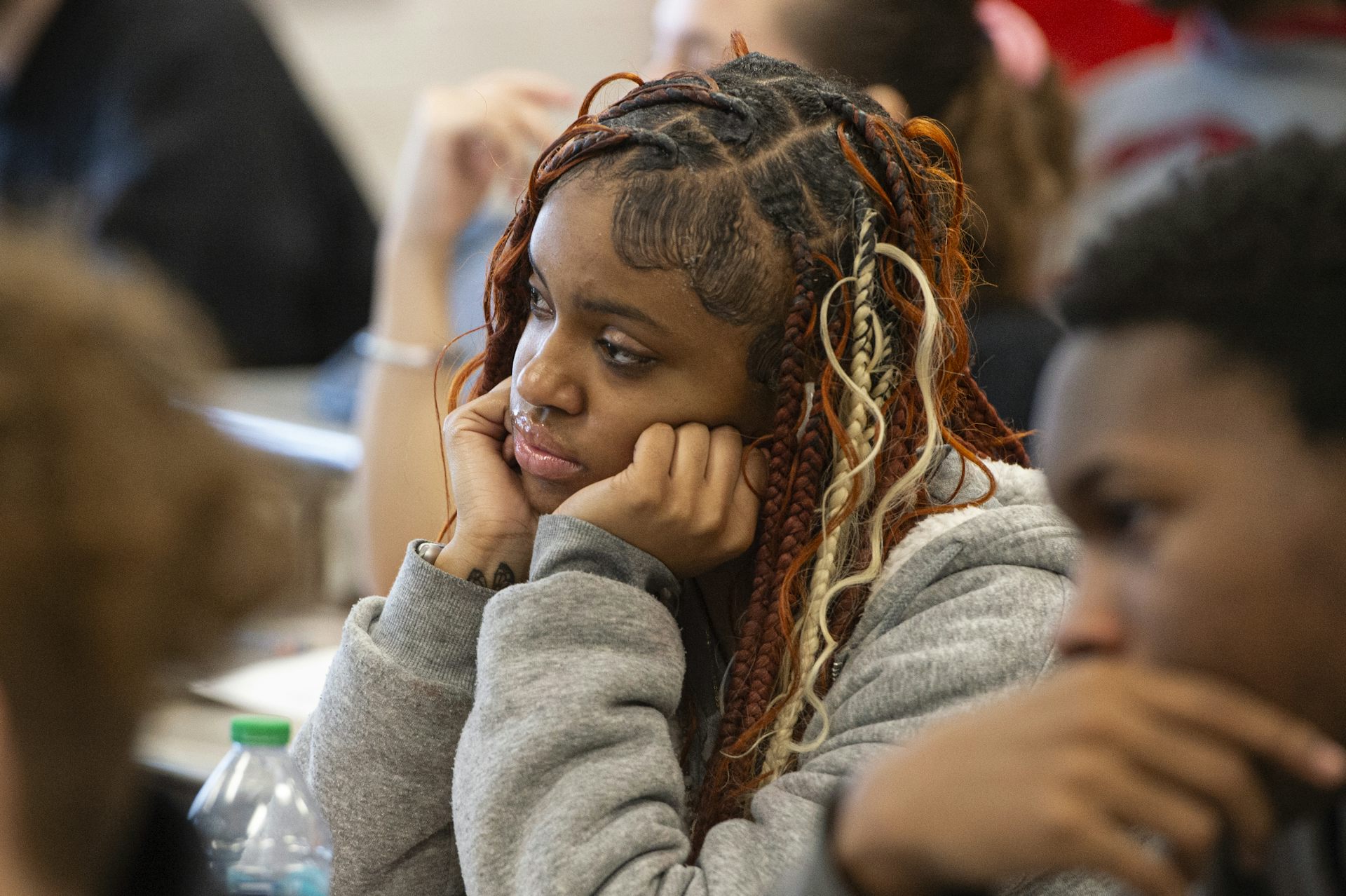Education isn't a commodity for labor
Education in the United States is becoming increasingly tied to job preparation. But 20th-century philosopher John Dewey knew that such a focus would mean sacrificing the true goal of education.

When it comes to current debates in politics and policy, even a strident defense of the liberal arts – such as George Anders’s “You Can Do Anything: The Surprising Power of a ‘Useless’ Liberal Arts Education” or Randall Stross’s “A Practical Education: Why Liberal Arts Majors Make Great Employees” – tends to accept that gainful employment is the chief aim of education.
As a specialist in the 20th-century philosopher and educator John Dewey, I’ve been watching these debates with interest. The most-cited academic philosopher of the 20th century, Dewey made, arguably, the past century’s most significant contributions to the development of educational thinking. Among other things, he influentially criticized education conceived as “mere preparation for later life.”
Looking back to Dewey raises pertinent questions about education’s fundamental mission today. Is the principal aim of education to provide a padded yoke for the state’s preexisting workforce? Or is it, all things considered, to improve our lives?
The purpose of education
In the 19th century, women’s rights advocate Margaret Fuller admonished the practice of educating girls just to be wives and mothers. “A being of infinite scope,” she wrote, “must not be treated with an exclusive view to any one relation. Give the soul free course… and the being will be fit for any and every relation to which it may be called.”
In my view, educational policy in the United States today is entangled in a practice as constrictive as the one Fuller criticized more than 150 years ago. For many, the mission of K-12 and higher education is, in Wisconsin Gov. Scott Walker’s infamous words, “to develop human resources to meet the state’s workforce needs.”
Whatever one may think of Walker’s politics, his general outlook is no outlier. It typifies the view that education is mostly a way to fuel industry with skilled labor – and it’s in tension with the goal of preparing students for “any and every relation to which [they] may be called.”
Rather than educating whole persons for lifelong growth, this “industrial model” treats education as just another sector of the economy. In this view, education’s job is to manufacture skilled labor, and it’s expected to do so in a way that’s maximally efficient. Knowledge is seen as a market commodity, teachers and professors are delivery vehicles for knowledge content and students are either consumers or manufactured products.
Educational institutions that follow the industrial model are seen as marketplaces for acquiring and delivering content. And when tuition is involved, that’s simply the fair price for accessing that content.
What does society lose?
When described in this way, it seems a cold, inhuman approach to education. Nevertheless, both major U.S. political parties seem to have embraced the industrial model. The parties may substantively disagree on the particulars of how to provide education, but (in the main) noneconomic values are too often not on the radar.
I contend that something is indeed lost when we treat education as nothing but a sector of the industrial economy.
First, the industrial model deepens our social problems.
It’s true that many specific goals of education are, and should be, defined by our economic infrastructure – such as the demand for a curricular emphasis on STEM. But that doesn’t mean that our primary educational aim must revolve around this. Training students exclusively to fit existing specifications not only stifles imagination and innovation, but also directs students down the very channels that are implicated in our social, economic, environmental and geopolitical problems. I believe this sacrifices our best hope for making things better.

And so we come to John Dewey. As a child, he regularly did chores on his grandfather’s farm outside Burlington, Vermont. He later lamented that such productive occupational supplements to formal education were mostly eclipsed by urbanization and mechanization. He sought ways to bring practical life into the classroom so that schooling could speak to living.
But there is an important distinction to be made. In one approach, you may infuse education with content that speaks to potential careers – so-called “real life.” On the other hand, you might allow the existing economic infrastructure to be the singular driving force behind educational practice. The latter, in the words of Dewey, turns students and teachers into “instrument[s] in accomplishing the feudal dogma of social predestination.”
The former is what most educators themselves hope for: students who become participants in the intelligent redirection of society.
Cultures of imagination, growth and fulfillment
Not only does the industrial model of education dampen intelligent social action, but it also sacrifices personal enrichment.
An educational institution is capable of training more students with fewer or lower-paid teachers or professors – just as an industrial sector can produce more clothes, cars or animal protein to meet market demands with lower overhead costs. These products can then be purchased at a relatively low price and used for, or put to work to produce, more things.
But what else do we unintentionally produce when education – or industry, for that matter – is made “efficient” in this way? For instance, do we make narrower lives? Do we, in Dewey’s words, make life more “congested, hurried, confused, and extravagant”?
As seen through a narrowly utilitarian-industrial lens, it’s simply not clear how education might address personal growth, community and quality of life. If unaddressed, I believe we risk marginalizing these aspects of individual enrichment.

Democracy and education
Democracy, Dewey urged, is not a static inheritance that we can simply live off of, but an ideal that every generation must re-achieve through active effort. Schools are our chief cultural means for educating free citizens who can intelligently and creatively participate in this effort. Education is how we invest in the future of our democracy.
Under today’s economic and social conditions, what does it mean if “education for the state’s workforce” is the chief mission of schools? Does it sacrifice the quality of a student’s present life for the sake of a promised good? Does it support a frozen system of privilege, frantic and unsustainable consumption and deadening efficiency?
Dewey argued, in opposition, that everyone should have the ongoing opportunity for a critically reflective and occupation-rich education that emphasizes growth, emotional development, imaginative engagement, aesthetic vitality, social responsibility and care. From K-12 to university, such an education can help to establish conditions for personal enrichment, critical inquiry and democratic participation.
Steven Fesmire does not work for, consult, own shares in or receive funding from any company or organisation that would benefit from this article, and has disclosed no relevant affiliations beyond the academic appointment above.
Read These Next
I asked students whether they’d want to be teachers? They quickly responded, ‘Why would I?’
Approximately 52% of teachers in 2024 said they would not advise young adults to enter the profession.
In World War II’s dog-eat-dog struggle for resources, a Greenland mine launched a new world order
Strategic resources have been central to the American-led global system for decades, as a historian…
New dietary guidelines prioritize ‘real food’ – but low-income pregnant women can’t easily obtain it
New research reveals a deepening crisis in prenatal health as geography and income increasingly dictate…





